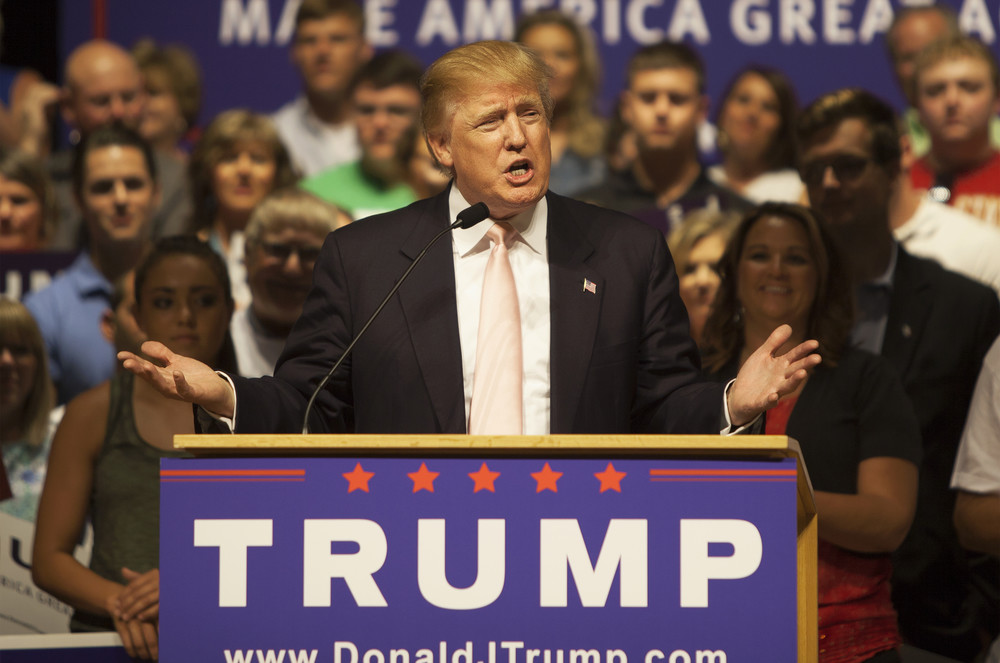Those who know less about politics are convinced they know more than they do, according to the new study, Partisanship, Political Knowledge, and the Dunning‐Kruger Effect. The research shows this effect intensifies when partisanship is factored in.
“The Dunning-Kruger effect holds that individuals with little knowledge about a topic will be, paradoxically, the most confident that they know a lot about the topic. Knowledgeable individuals will also discount their knowledgeability,” study author Ian Anson, an assistant professor at the University of Maryland, Baltimore County, told PsyPost.
Anson became interested in the phenomenon after following political psychologists discuss the Dunning-Kruger effect on Twitter leading up to the 2016 presidential election and witnessing social media pundits’ “‘Dunning-Krugerish tendencies’ in their bombastic coverage of the election.”
“At some point after the election, several individuals began referring to Trump’s presidency as the ‘Dunning-Kruger Presidency’, as Trump appears to opine incredibly confidently about topics he appears to know little about,” Anson told PsyPost.
Anson decided to apply the Dunning-Kruger theory to political knowledgeability and how partisanship “motivated reasoning.” He surveyed 2,606 American adults online and tested their knowledge with a political quiz, which included questions such as how many years a senator serves and what programs the U.S. federal government spends the least amount of money on.
He found that most people performed poorly, and those who did the worst were more likely to think they performed better than they did.
He told PsyPost: “Many Americans appear to be extremely overconfident in their political knowledgeability because they have no way of knowing how little they actually know about the world of politics (this is the so-called ‘double bind of incompetence’). But there’s a catch: when Republicans and Democrats engage in partisan thought processes, this effect becomes even stronger than before.”
Anson discovered that when partisanship is involved, people think they are “savvier than average” even though they have only modest factual knowledge about politics.
This can be a problem because “more often than not, this means that partisans will think of themselves as far more politically knowledgeable than an out-partisan, even when that person is extremely politically knowledgeable.”
Anson noted that the study is not without limitations in part because it was conducted online and Anson was unable to witness what actually occurs when partisans have conversations with each other.


